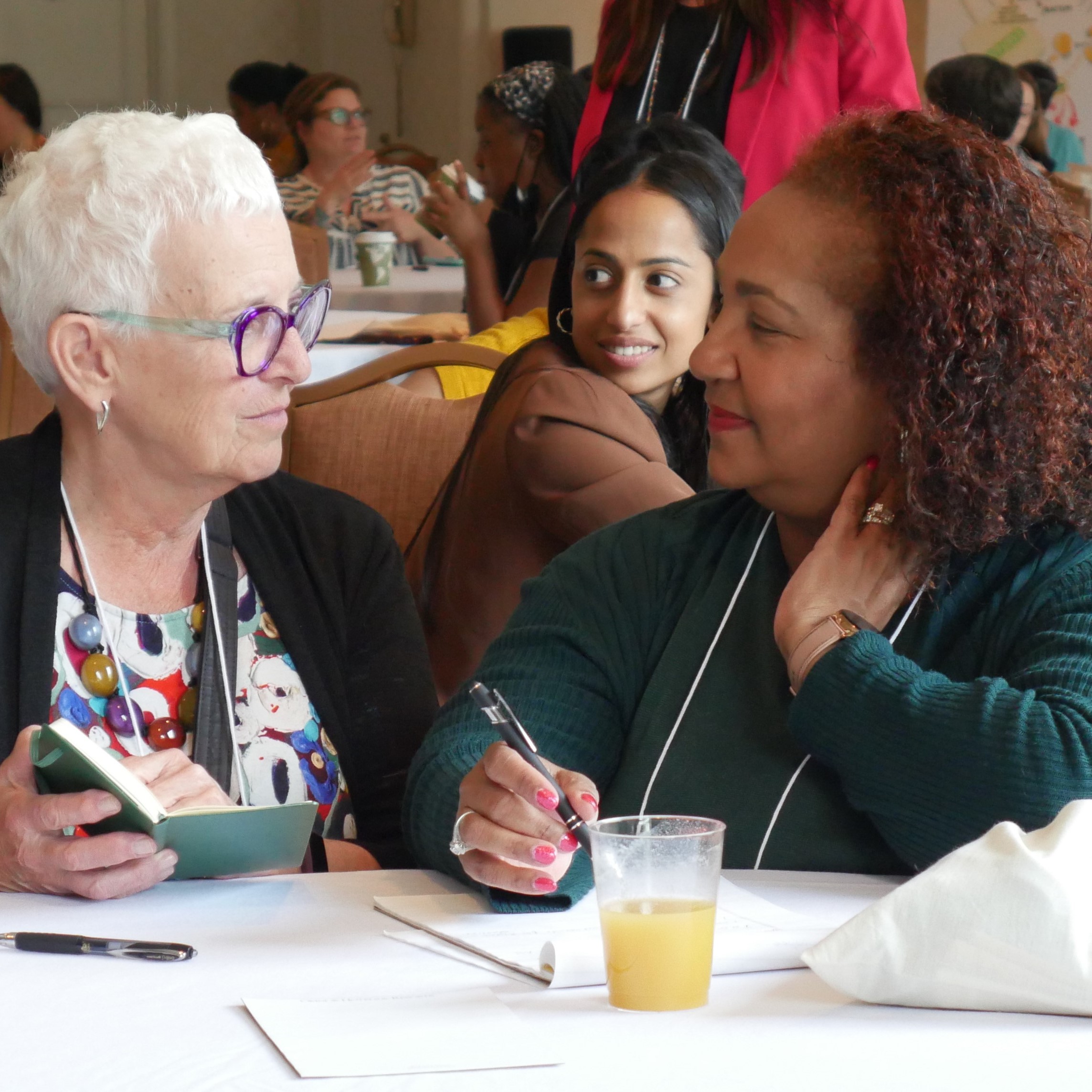What do ageism, elder abuse and domestic violence have in common?
Fewer older survivors access domestic violence services: We can change that.
Which of the following are examples of ageism?
- When you turn 55, you start calling yourself old and worrying about the new fine lines on your face.
- All the romantic relationships on your favorite Netflix show are between people in their 20s.
- You give a bouquet of flowers to an older woman sitting alone in the park because she looks lonely.
The answer is all of the above.
The first example is internalized ageism – how we feel about aging.
The second is cultural ageism – the stereotypes that we see in the media.
The third is sometimes called “benevolent ageism” – when people think they are being kind, but they are actually patronizing and infantilizing older adults.
According to The World Health Organization, ageism is the most prevalent and socially acceptable form of bias. Globally, one in two people hold ageist attitudes toward older adults.
Today on Ageism Awareness Day, we’re thinking about the intersection of ageism, elder abuse and domestic violence.

Arlene Groh (left), STAGES plenary speaker and founding member of Waterloo Region’s Elder Abuse Response Team, and Toi Dennis (right), STAGES workshop presenter from the CVLAP Elder Justice Initiative
The World Health Organization estimates that 1 in 6 older people have experienced some form of violence. Age stereotypes play a key role in perpetuating abuse of older adults, as well as in hindering their access to appropriate care and support.
Our elder abuse work at FUTURES focuses on adults aged 50 and above because we know this is the point at which fewer older survivors access domestic violence services. This is also the point when survivors over 50 do seek help, they are often either not believed or dismissed.
Consider a fourth example of ageism:
- You hear about a man who became so frustrated with caring for his wife who has Alzheimer’s, he grabs her and shakes her. In the conversation, several people lament the challenges of caretaking.
Negative stereotypes and bias can lead to harmful consequences, including violence against and abuse and neglect of older people. In this example, the woman with Alzheimer’s is seen as burdensome, and therefore his abuse is perceived as an excusable act of frustration.
Ageist attitudes contribute to structural ageism, which shapes legislation, policies, and practice. This is why there are so few domestic violence services tailored for older people. Educating people about the reality of ageism is a first step in changing systems that often disregard, stereotype and overlook older adult domestic violence survivors.
Elder abuse may have been happening for many years, or it may start because of new relationships, or changes in existing relationships like health conditions. Similarly to gender-based violence, there are individuals who are responsible for the violence, but underlying structural and cultural factors enable and perpetuate it. In the context of elder abuse, ageism serves as one such factor.
As part of my job with FUTURES, I educate judges on elder abuse. Many judges don’t recognize their own ageist assumptions. A judge once questioned the credibility of a grandmother who was brutally beaten and raped by her grandson. The grandson was found guilty, but the judge thought the victim must be lying because no one would want to rape someone of her age. This troubling sentiment reflects a fundamental misunderstanding about sexual violence but also deeply held assumptions about age. These assumptions limit options for older survivors and send the message to older adults that no one will believe them anyway.
So what can we do to meet the true wants and needs of older adults?
FUTURES created Strategies to Advance Greater Elder Safety (STAGES), a project to foster collaboration across disciplines to address abuse in later life. We met with stakeholders, community partners, other FUTURES staff, and experts with touchpoints to older adult survivors across different systems (advocacy, social services, justice reform, restorative justice, food systems, housing, shelter, substance use and harm reduction, tribal jurisdictions, among others). The answer became clear: older adults want options beyond what is currently available to them.
STAGES will continue to work with communities around the US to help support prevention and restorative options for older survivors of abuse and exploitation. Our goal is to change ageist attitudes in every community so that older people are seen as valued members of our communities deserving of dignity, structural supports, services, and healthy violence-free lives.





